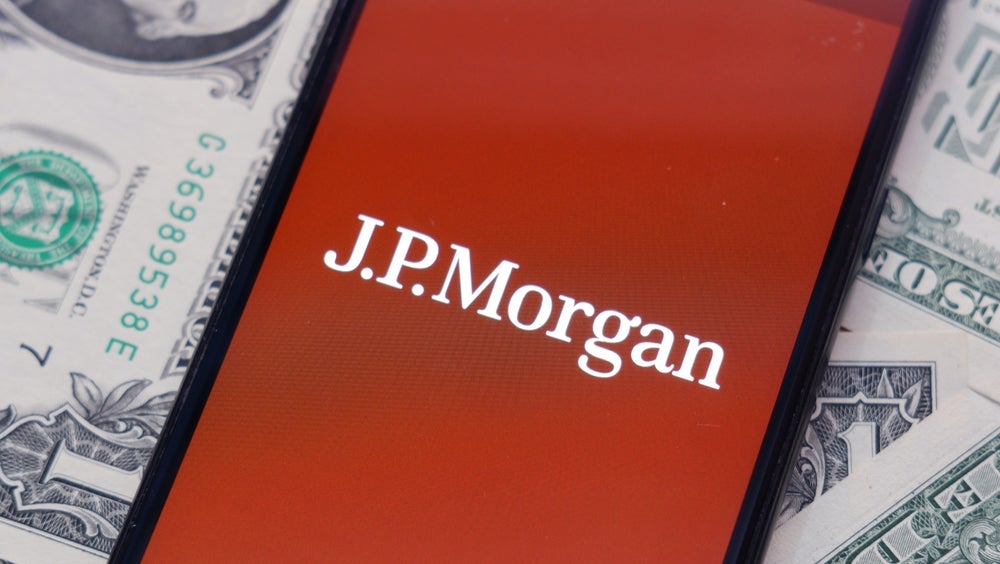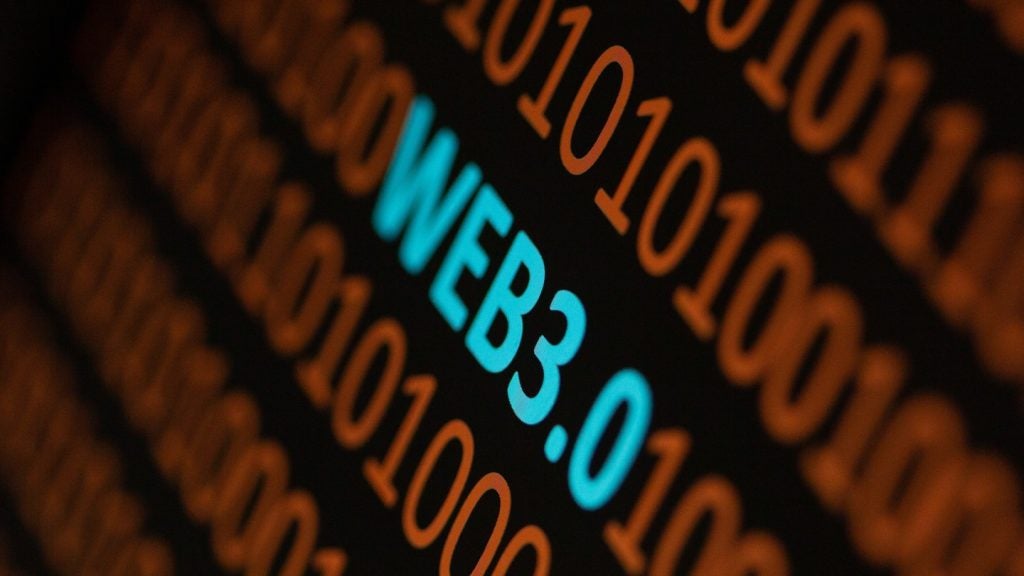JP Morgan’s success in developing its own blockchain network will determine its future in the banking sector.
JP Morgan is furthering its foray into blockchain technology with the announcement that it is live testing its latest service, Confirm, an application that validates and confirms account information globally.
Financial institutions using this solution will be able to instantly request and receive beneficiary account information before executing any transactions. JP Morgan aims to develop a blockchain network that can be used by banks internationally to execute transactions in real time.
Blockchain technology is still in its infancy, but it is already acknowledged as a disruptive technology for financial institutions. JP Morgan is among the companies that see the potential in blockchain, and it is heavily investing in it to become a leader in this space.
In 2015, it created a new business unit called Onyx, which is purely dedicated to blockchain research and development.
JP Morgan’s Confirm
Solutions such as Confirm can be used to reduce the number of transactions that fail because of incorrect information during bank-to-bank transfers. With distributed ledger technology, participants’ information is recorded across a network that is available to both the recipient’s bank and the sender’s bank, which reduces the risk of mismatched information.
How well do you really know your competitors?
Access the most comprehensive Company Profiles on the market, powered by GlobalData. Save hours of research. Gain competitive edge.

Thank you!
Your download email will arrive shortly
Not ready to buy yet? Download a free sample
We are confident about the unique quality of our Company Profiles. However, we want you to make the most beneficial decision for your business, so we offer a free sample that you can download by submitting the below form
By GlobalDataConfirm saves time when banks conduct Know-Your-Customer (KYC) procedures and also reduces costs. According to Thomson Reuters, KYC can take up to three months, and it is estimated that some financial institutions can spend up to $500m annually on KYC and due diligence. With the cost of due diligence predicted to keep rising, the benefits this technology presents to banks are not negligible.
Another advantage of JP Morgan developing its own blockchain network is that it will be able to offer real-time payments to financial institutions that can be integrated into their network. This could become a strong alternative to SWIFT payment systems, which are currently used by more than 11,000 financial institutions globally to complete international payments.
But this long-established system has many flaws, not least that it takes a long time to settle international transactions; according to Citibank, an international transfer through SWIFT can take between one and five days.
Through its blockchain network, JP Morgan will be able to use smart contracts to instantly execute transactions. Another issue of SWIFT is that its centralized system leaves it vulnerable to cyberattacks once a hack is discovered.
In 2018, employees of the Punjab National Bank defrauded the bank of $1.8bn by exploiting weaknesses in the SWIFT network. Unlike SWIFT, blockchain is currently impossible to compromise via hacking a single entity – if JP Morgan was to be hacked, its system would still be able to continue its operations.
Developing its own blockchain network will secure JP Morgan’s position as one of the top global custodian banks. This solution will help simplify complex transactions between participants, which will also help cut transaction costs and reduce the number of transactions being delayed or rejected because of mismatched information.
By developing its own blockchain network, JP Morgan is aiming to gain a competitive advantage on the rest of the sector by allowing financial institutions to instantly execute transactions through a secure network.










Related Company Profiles
JPMorgan Chase & Co